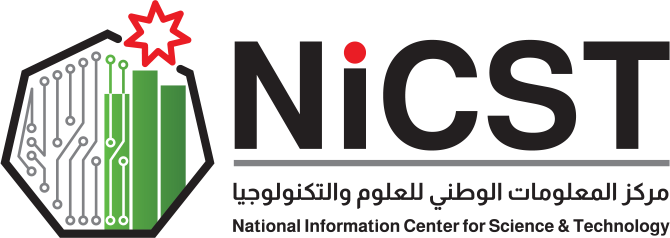
Amman, March 14 (Petra) - His Royal Highness Prince Hassan bin Talal, President of the Higher Council for Science and Technology, called for the establishment of a shared database at the Levant level to establish an integrated collaborative effort aimed at enhancing water, food, and humanitarian security. This came in a speech by His Highness during his sponsorship today, Monday, of a dialogue seminar within the Future Dams project (FutureDAMS), which includes both the University of Manchester and the Higher Council for Science and Technology, in addition to the MIRRA Association for the Development of Irrigation and Agriculture Methods. His Highness emphasized, in his speech via video conferencing (Zoom), the necessity of activating regional cooperation and dialogue among countries, and sharing water-related data and information, in order to move from the theoretical stage to application and action. He renewed the call for the establishment of a regional water data bank in light of the rapid changes witnessed by the region and the world, pointing out the necessity of balancing the triad of water, energy, and food as challenges that no country can face alone.
Dr. Samer Talouzi, an expert in water management, during his opening speech, highlighted the importance of using modern and innovative scientific tools to enhance dialogue and discussion on conflict issues regarding transboundary water rights. He added that researchers in this field have scientific tools that contribute to facilitating the exchange of views between politicians and decision-makers in different countries, enabling them to reach compromises that satisfy all parties and contribute to reducing conflicts over water in the Middle East region.
Professor Julien Harou from the University of Manchester presented during the session innovative and modern scientific tools developed through the Future Dams project, which can contribute to facilitating research and negotiation on complex water issues facing the Middle East and Africa, specifically the Nile River Basin and the Tigris and Euphrates River Basins.
It is worth mentioning that the Future Dams project, managed by the University of Manchester, is a research project funded by the UK for research and innovation, aiming to improve planning and governance of water, food, energy, and environmental resource systems. The project also aims to contribute to achieving the United Nations Sustainable Development Goals, including clean water, affordable and clean energy, and sanitation.

